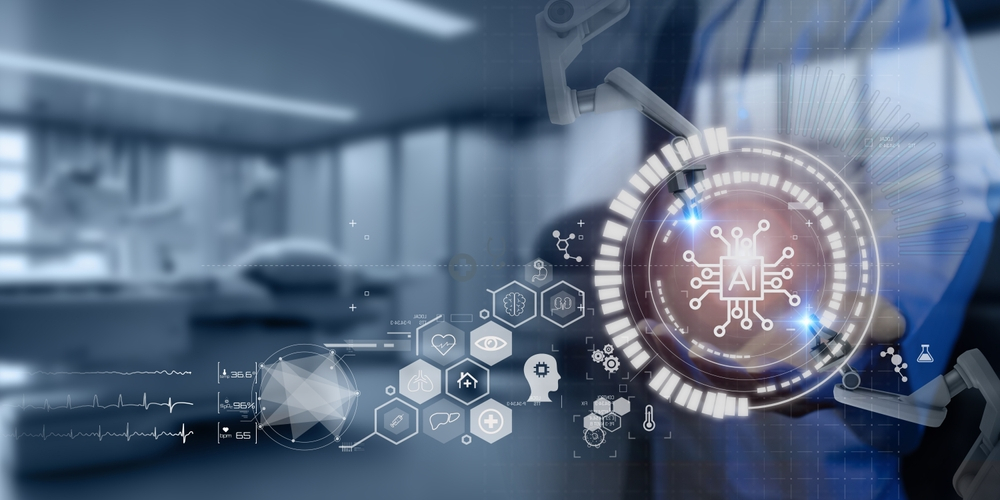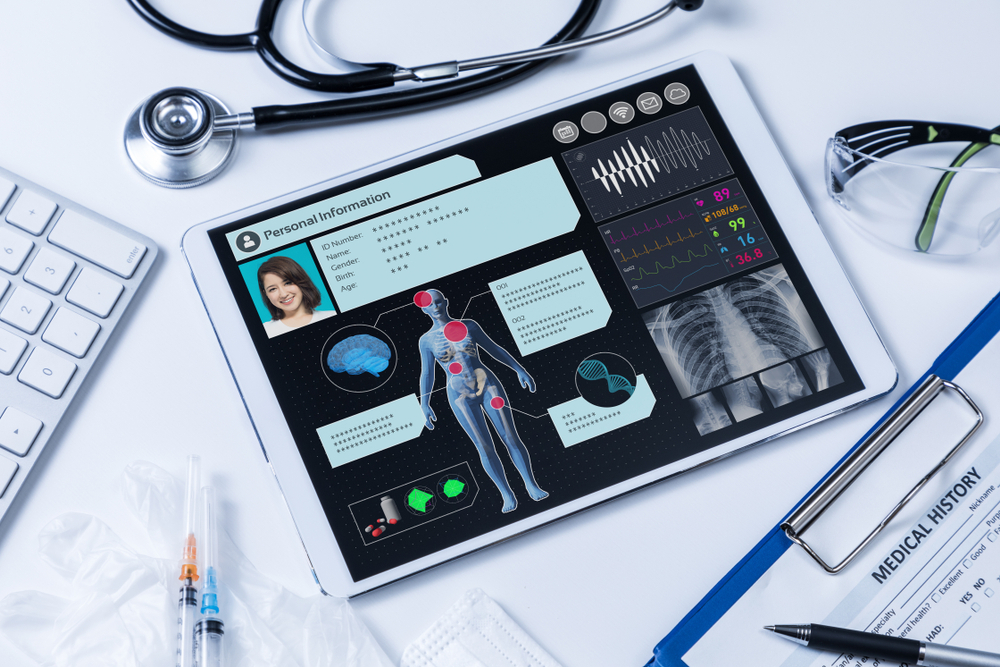In Lifesciences, our AI algorithms accelerate research and
development, enabling quicker identification of viable compounds and
biomarkers.
For the Pharmaceutical industry, we offer predictive analytics
for clinical trials, optimizing trial design, and patient
recruitment to bring therapies to market more efficiently.
In Healthcare, AI-driven tools support diagnostics and
personalized treatment plans, while managing patient data to deliver
comprehensive care. By leveraging AI, organizations in these sectors
can drive scientific innovation, streamline development processes,
and deliver more effective, personalized patient care.
Partner with PerceptiveMind.AI to harness the power of AI in
transforming your Lifesciences, Pharmaceutical, or Healthcare
enterprise, ensuring you lead in delivering breakthroughs and
exceptional care.







